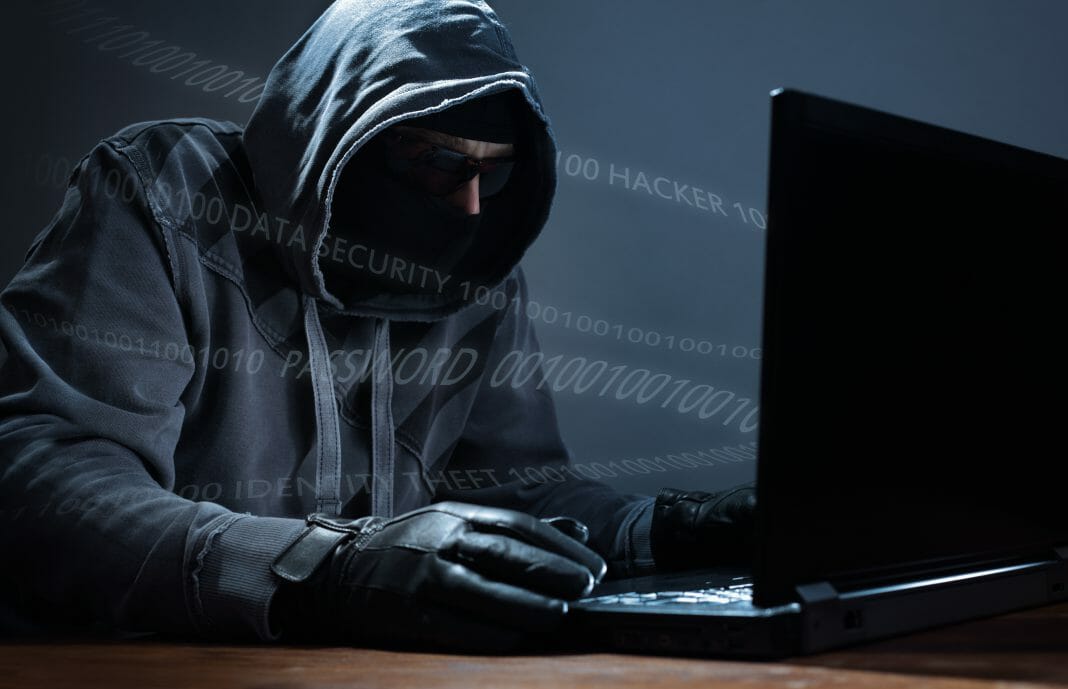There are several extortion cases, scams, and ransomware among the criminal activities in Latin America. These numbers have already multiplied in the last year. The company is moving forward to try to decipher transactions on the Monero network.
Latin America is one of the areas on which bitcoin (BTC) has found an excellent place to set an expansion through exchanges, startups, and developer training. Despite that push and adoption for good, crime related to the first cryptocurrency use has also increased.
During the last year, and due to the quarantines because of the COVID-19, cybercrime has made a big bang worldwide. Latin American countries are also facing this dreadful reality.
Most of the crimes happen in three countries: Colombia, Mexico, and Argentina. The most prominent cases include extortion, sextortion, scams, and ransomware.
In Colombia and Argentina, there is an alarming increase in cases of scams and extortion. In Mexico, the cartels use cryptocurrencies to set money laundering. Mexican authorities managed to know which cartel it was. They even managed to understand how much money was laundering due to high efforts and Mexico’s regulation.
Venezuela is Always in the Eye of the Storm
Regarding Venezuela, another of the countries in the region where bitcoin has received its adoption. On the border between Colombia and Venezuela, crimes increased, which has helped Venezuelans in their operations and then return to their country.
Regarding the Petro, the suspicious cryptocurrency that the Venezuelan government is currently endorsing might serve as a tool to “avoid sanctions” from the United States.
Advances in Monero’s Road to Decryption
The issue of Monero and its privacy is always an important matter. In September of last year, Monero managed to create a method to track transactions in Monero, something that generated skepticism in the cryptocurrency community.
There are needs and beliefs that cryptocurrencies’ original concept should be playing a significant role instead of being disconnected from the system in the field of regulations.
The people who say they do not want regulation are the same people who end up wondering why the exchange does not know whose account is the one that received the stolen bitcoins. There is a lack of education regarding cryptocurrencies in Venezuela, making those users easy prey for criminals.
The guidelines to consider controlling cryptocurrencies should include foresight and regulation. The regulators themselves are calling the exchanges. The companies that offer services only play a secondary part in the solution.
Some Venezuelan Laws Regarding Technology
Any person who, without the due authorization or exceeding any he (she) may have obtained, accesses, intercepts, or uses a system using information technologies, shall be punished with prison from one to five years and fine from ten to fifty tax units.
Unlawful access or sabotage to protected systems is a law on which the former articles’ penalties shall see an increase from a third to half when the provided actions or their effects occur in any system components.
This law also applies when using information technologies under the protection of security measures, and it goes for public functions or personal or property information of individuals or corporate bodies.
By: Jenson Nuñez











